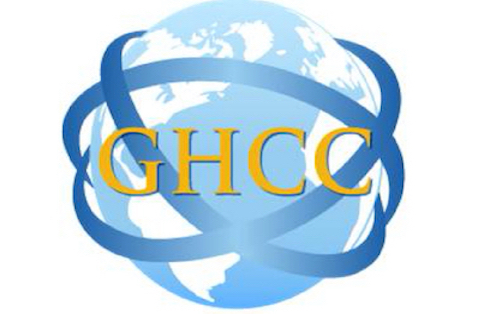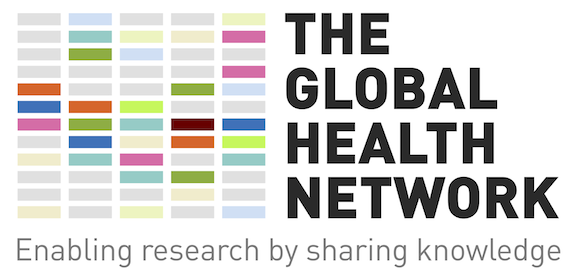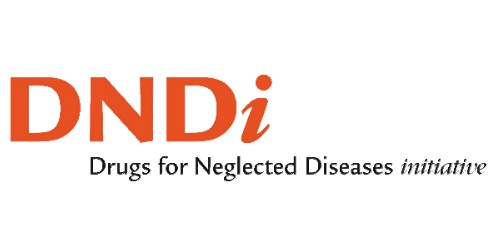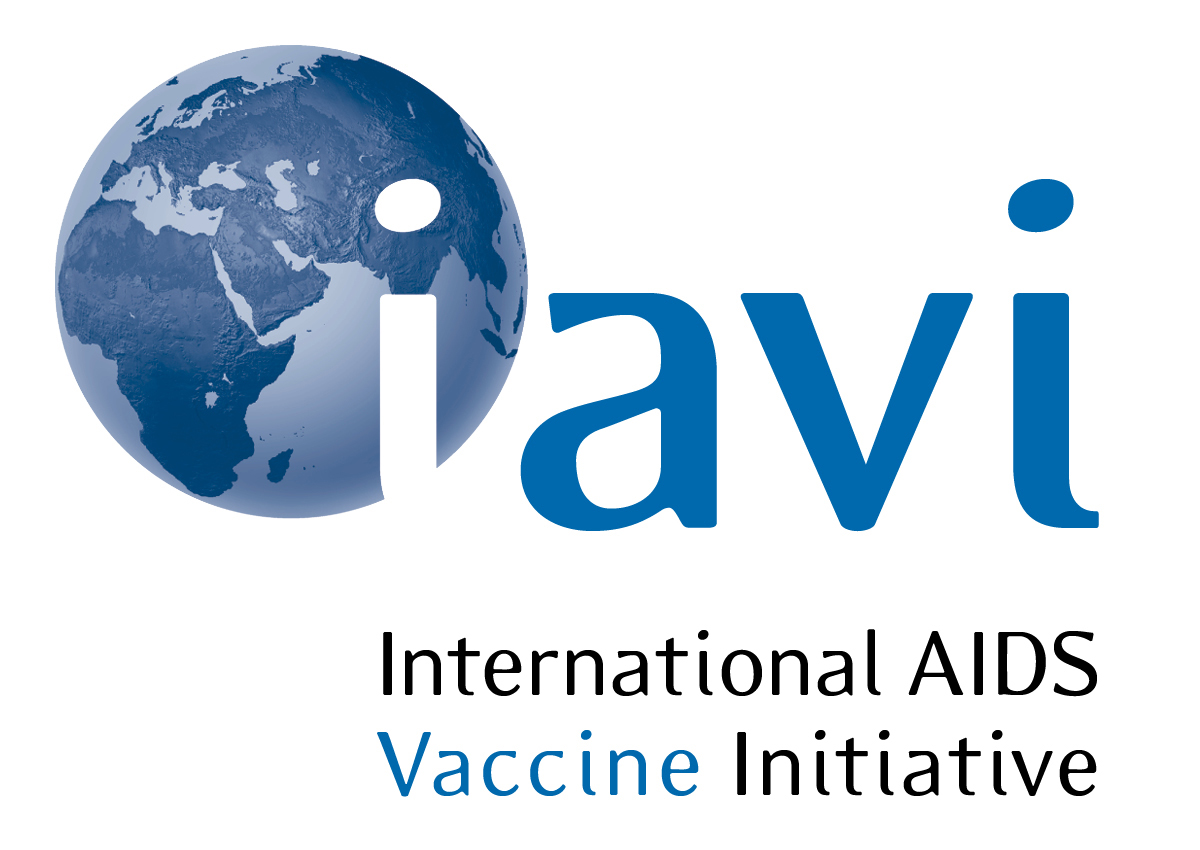Resources: Reference library, Glossary
Module Overview
Duration:
This module should take 60-120 minutes to complete
Certification:
A certificate is issued once a minimum of 80% is achieved in the final quiz section
GCLP: Standard Operating Procedures and Analytical Plan is the fourth module of the Good Clinical Laboratory Practice (GCLP) course. The course is designed for all those wanting to gain an in-depth understanding of the principles of GCLP, how each principle is applied in a clinical laboratory and the impact implementation of these principles has on the laboratory and the clinical trial. It is highly recommended that you complete the following short courses and modules on the Global Health Training Centre before starting this module:
Summary:
This module provides a detailed analysis of GCLP guidance for the planning of the work to be conducted in the clinical trial laboratory and covers the documentation required to detail the work conducted in the analysis of participant samples, namely the analytical plan and standard operating procedures (SOPs). This module is based on the following guidelines and materials:
- ICH Harmonised Guideline – Integrated Addendum to ICH E6(R2): Guideline for Good Clinical Practice (ICH GCP E6 R2 2016)
- Good Clinical Laboratory Practice (WHO GCLP 2009)
- Good Clinical Laboratory Practice (RQA GCLP 2012)
- Good Laboratory Practice (OECD GLP 1997)
Objectives:
Upon successful completion of this course, you should be able to:
- Explain the relationship between the clinical trial protocol, the analytical plan and standard operating procedures.
- Establish high quality standard operating procedures which will ensure quality and integrity of the data produced in the laboratory
- List and define the components of an SOP
- Establish a system for SOP development
- Understand the function and purpose of the analytical plan
- Develop an analytical plan for a clinical trial in your laboratory
Acknowledgements
The Global Health Training Centre is built through the support and partnership of the Bill and Melinda Gates Foundation, the World-Wide Antimalarial Resistance Network and The East African Consortium for Clinical Research.
Authors:
Marci Aderiye - Associate Director, Regulatory Affairs, Aeras.
Carmelita Africa - Clinical Project Associate, International Partnership for Microbicides. Web
Liam Boggs - Training Manager, The Global Health Network, Centre for Tropical Medicine & Global Health, University of Oxford. Web
Paramesh Chetty - Senior Manager, Clinical Laboratory Programme - Africa, International AIDS Vaccine Initiative (IAVI). Web
Rhea Coler - MSc, PhD, VP, Preclinical Biology, Infectious Disease Research Institute (IDRI). Web
Tracey Day - Ph.D. Scientist, Infectious Disease Research Institute (IDRI). Web
Helen Demarest - Associate Director, Clinical Operations, Medicines for Malaria Venture (MMV). Web
Sabine Dittrich - Senior Scientific Officer, Foundation for Innovative New Diagnostics (FIND). Web
Sebastian Gelderbloem - Managing Director, Aeras Africa. Web
Lakshmi Jayashankar - PhD, Senior Scientific Officer, Columbus Technologies and Services, Contractor to National Institutes of Health, USA.
Wendy Keller - Quality Assurance Manager, DNDi - Drugs for Neglected Diseases initiative. Web
Troy Leader - PhD, Scientific Program Officer, Diagnostics Global Program, PATH. Web
Alice Neequaye - Quality Officer, Medicines for Malaria Venture (MMV). Web
Mahnaz Vahedi - Special Programme for Research and Training in Tropical Diseases. Web
Reviewers:
John Parker - Director and Principal Consultant, ClinParkQA Ltd. web
Maureen Lambrick - Lab Consultant for Aeras
Motiur Rahman, MBBS, PhD - Head of Laboratories, Centre for Tropical Medicine, Oxford University Clinical Research Unit, HO CHi Minh City, Vietnam
Application developers:
Felicity Baka - Training Assistant, The Global Health Network, Centre for Tropical Medicine & Global Health, University of Oxford, UK Web
Use and reproduction of these e-learning materials:
These e-learning materials are owned by the Global Health Network. You are free to share or adapt this material but you must attribute it to the Global Health Network using the link www.theglobalhealthnetwork.org
Resources: Reference library, Glossary
Your feedback is greatly appreciated; please take a couple of minutes to tell us your thoughts on this course:





